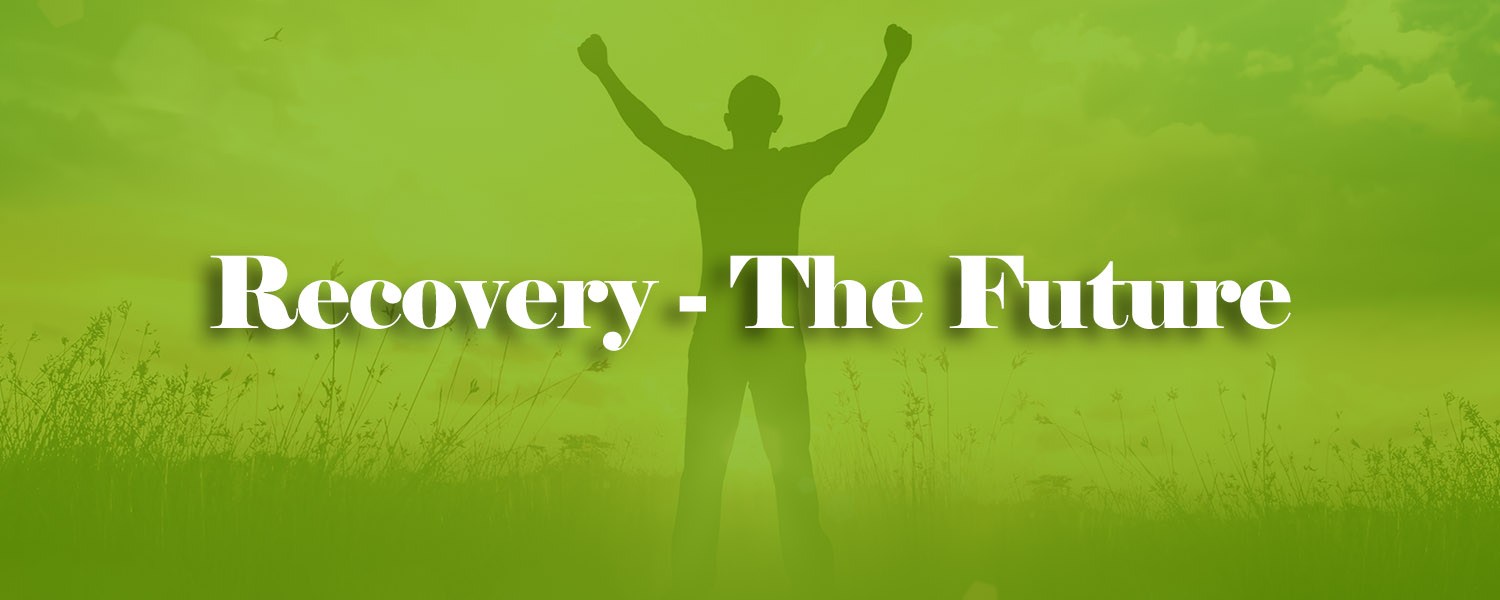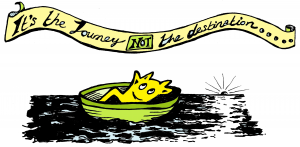
Recovery – Looking To The Future
What is Recovery?
“Recovery is about building a meaningful and satisfying life, as defined by the person themselves, whether or not there are ongoing symptoms or problems.” (Worcestershire Health and Care NHS Trust, 2011)
“Recovery is the process of developing a new sense of self, meaning and purpose in life – the journey of the individual and those close to them in rebuilding a satisfying, hopeful and contributing life with a diagnosis of mental health problems.” – (Deegan, 1989)
The term ‘Recovery’ is used a lot in mental health services. The definitions above refer to personal recovery. However, clinicians also talk about clinical recovery in which the main focus is on reducing or removing symptoms in the hope that this will improve all other aspects of functioning as a consequence. Therefore, it has become a somewhat controversial term as it seems to mean different things to different people. This is our understanding:
1. It’s very personal.
The exact journey will be unique to the person affected, as we are all individuals who find meaning and value in different ways. Sometimes it is hard to stand back and watch someone else find their own path.
2. It’s a process not an outcome.
Recovery is not necessarily about ‘getting better’ or ‘becoming your old self again’, or ‘not being unwell any more’. It’s the journey of building a meaningful life. The journey may not always feel like progress in a particular direction; it’s more likely to include stops and starts, with many turns along the way.
3. It’s not just about clinical symptoms.
Symptoms such as hearing voices, or feeling paranoid or depressed, can make the recovery journey more difficult, but some people continue to experience these throughout their recovery. They learn to adapt and find ways of coping with these challenges.
4. Relatives and friends supporting someone with a mental health problem also go through their own process of recovery.
Mental health problems don’t just affect individuals, but have an impact on people who support them, and these people may also be on their own recovery journey at some point.
Watch Siobhan describing her recovery journey
Watch Helen discuss recognising progress
Hearing stories from other people can be really helpful in understanding the recovery process. In the Resource Directory we have recommended some books written by people with mental health problems or relatives, in which they describe their own journeys. In addition, there are lots of websites where you can read and submit stories for example:
www.scottishrecovery.net
www.ncmhr.org/recovery.htm
www.recoverydevon.co.uk/recovery-stories
www.power2u.org/recovery-stories.html


